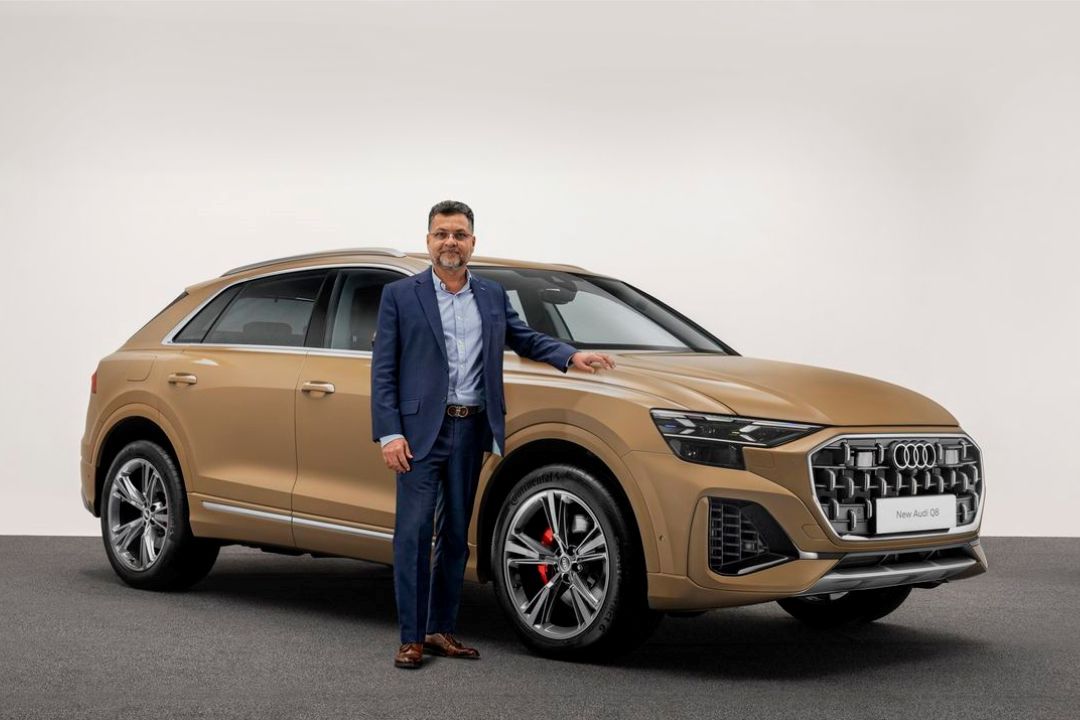Balbir Singh Dhillon, Head of Audi India, emphasized the importance of maintaining lower GST rates for electric vehicles (EVs) until the market reaches a sustainable level of volume. He believes that continued government support is essential for the growth of the EV segment until it becomes self-sustaining.
Dhillon pointed out that Audi India’s current strategy does not include hybrid vehicles, with the company focusing solely on petrol and electric models. He argued that subsidies and lower GST rates are crucial to boosting the adoption of EVs in the luxury car market.
“There’s no specific formula to this, but my instinct suggests that until we reach around 50% penetration in the luxury EV space, we will need this support. After that, the market should be able to sustain itself,” Dhillon stated.
At present, hybrid vehicles in India are taxed at a rate of 43%, including GST, while battery electric vehicles (BEVs) enjoy a much lower tax rate of around 5%. Dhillon noted that these lower taxes are key to accelerating the shift towards electric mobility.
Regarding Audi India’s future sales expectations for EVs, Dhillon mentioned that the company aims for 40-50% of its sales to come from electric vehicles by 2030. Currently, EVs make up only 3% of Audi’s sales in India. To achieve this ambitious target, Audi plans to broaden its product range, including the introduction of more affordable electric models.
However, Dhillon clarified that the company has not yet decided which new models will be introduced in India over the next few years. He also ruled out the introduction of hybrid models in the Indian market, reaffirming the company’s commitment to electric mobility.
Globally, Audi has announced that it will stop selling internal combustion engine vehicles by 2033, shifting entirely to battery-electric vehicles (BEVs). Dhillon expressed confidence in Audi’s growth in India, emphasizing the company’s focus on sustainable and profitable operations, which would enable reinvestment in new technologies and improved services. He also highlighted the growth of the domestic luxury car market, which saw an 8% increase in the first half of the year.
“The festive season is expected to further boost growth in the latter half of the year, with total sales likely to surpass the 50,000-unit mark,” Dhillon noted. This would set a new record for annual luxury car sales in India, surpassing the previous high of 48,500 units in 2023.
In a related announcement, Audi India launched the latest version of its flagship model, the Q8, priced at Rs 1.17 crore (ex-showroom). The company also celebrated a milestone of selling 1 lakh cars in the Indian market over the past 15 years. “Achieving the milestone of 1,00,000 Audi cars sold in India is a significant testament to the trust and confidence our customers have in the Audi brand,” Dhillon remarked.







